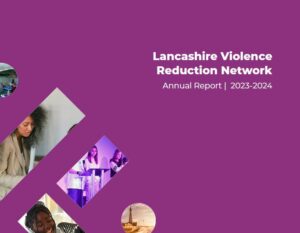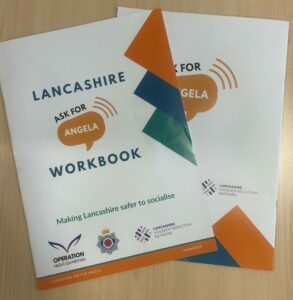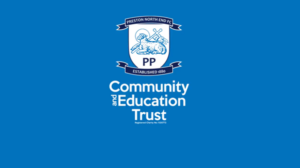
2023-2024 Annual Report
The Lancashire Violence Reduction Network have released their annual report which details the partnership’s achievements and key milestones from the past 12 months. The publication
This 7 minute briefing is an introduction to trauma informed approach and practice and is also available in PDF format: Download What is ‘trauma informed approach and practice’.
Trauma informed approach and practice means recognising:
and
It may also mean reviewing/auditing your service and making changes to make your service accessible to those who struggle to trust professionals.
Without the right support, trauma/ACEs can have negative, lasting effects on physical health, mental health, and social outcomes.
Studies have shown a lack of supportive relationships links to an increased risk of:
Studies carried out in England, Wales, and the USA consistently demonstrate that around 50% of the population has experienced at least one traumatic or stressful event in childhood.
Given trauma is common, many people struggle to trust professionals. To ensure people can access support there must be safety, trust, choice, collaboration and empowerment.
Everyone responds to trauma in their own way. Trauma can present as:
Support from a trusted adult is key. Building resilience through protective factors like:
Trauma informed approach and practice is a broad model and can include trauma specific components and interventions.
We need a public health approach preventing and addressing the impact of childhood adversity.
We can and must:

The Lancashire Violence Reduction Network have released their annual report which details the partnership’s achievements and key milestones from the past 12 months. The publication

The Lancashire Violence Reduction Network (VRN) is helping to keep people safe across the county’s night-time economy. The VRN will be joining forces with partners

Preston North End Community and Education Trust is looking to appoint two mentors to join the Champions team. Working as part of the Champions team,